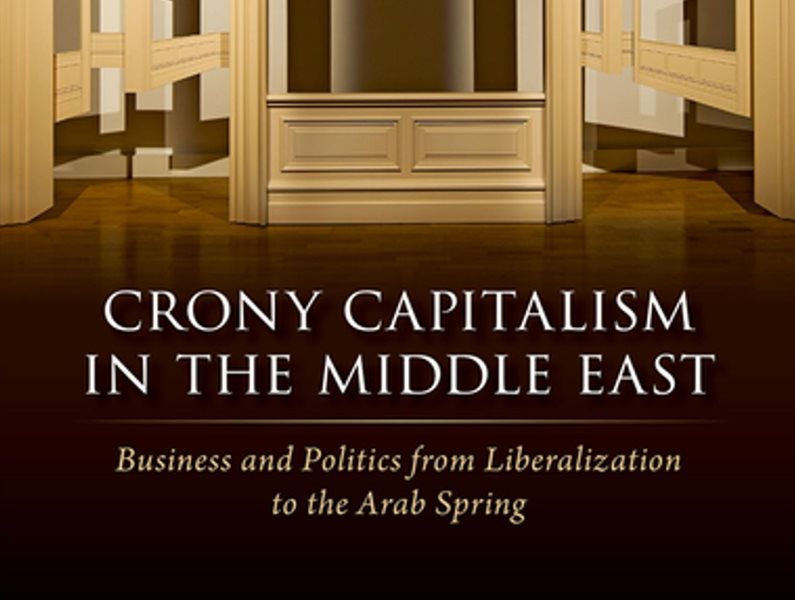

Those whose bread cost 150 naira and above to make and have to sell above 150 naira to make a profit would go out of business. Let’s say there are 100 bakeries in the country. Since many bakeries have different costs of production for their bread, they would all be affected differently. Let’s say there are 100 million Nigerians who eat bread and the government passes a law stipulating that bread should not be sold for more than 150 naira per loaf. This is not rocket science once it becomes illegal for producers/sellers to sell their commodities over a certain price and that price is less than the cost to make that commodity available, producers/sellers would not make that commodity available. Overnight milk, soap and sugar disappeared from the shelves in different stores. He instituted price control on milk, soap, sugar, etc. Quick answer: really bad things.īetween 19 President Muhammadu Buhari was General Muhammadu Buhari, the Military Head of State in Nigeria. “So, what would happen if prices are controlled?” You may ask. They tell producers how to combine resources in the ways that produce the most value for consumers, and tell consumers when they should expand or contract their consumption of various goods and services” “Market prices, he argues, signal to producers and consumers the relative scarcity of resources. Hayek’s insight on this is stated by Peter Leeson, an American economist: Prices make everybody share scarce resources by moving them to places in the economy where they would be of most value. To really understand the importance of prices and the need to make them free, without control and central planning, we need to see examples where they have been controlled by a central authority and analyze the consequences. Empty grocery stores in Harare, Zimbabwe.


 0 kommentar(er)
0 kommentar(er)
